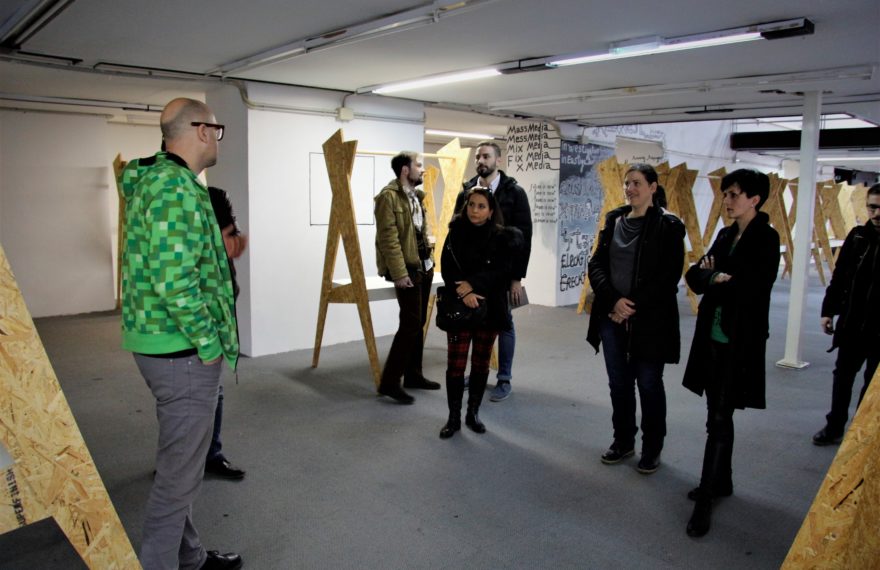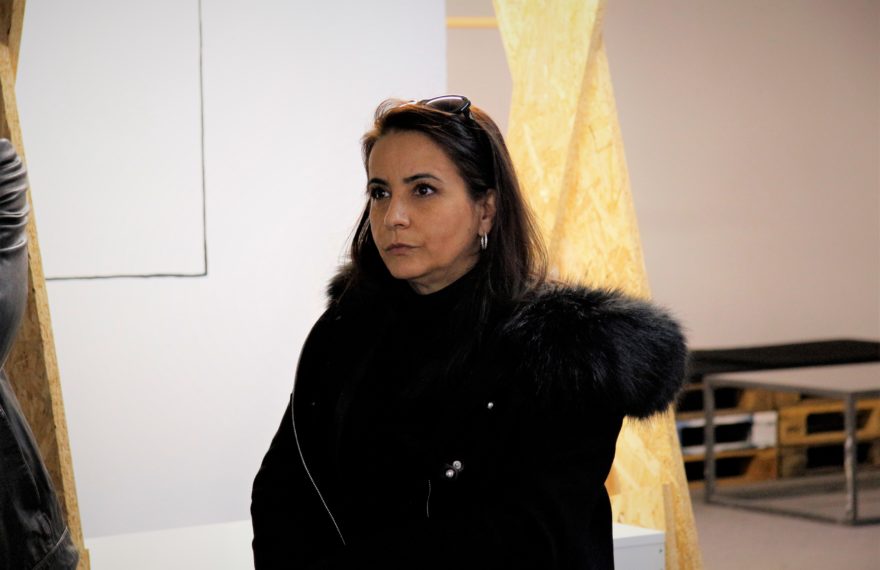The “Lab for European Project Making” in Rijeka, brought together representatives of numerous future European Capitals of Culture, including Simon Neumann, director of the Timisoara 2021.
How are the preparations for your ECOC project going?
Timisoara won the title in September 2016, and we started drafting the implementation strategy immediately after that. We have divided the implementation period in two phases. The first three years is the startup phase where we focus on capacity-building programmes that are called ˝power stations˝ in the bid book. Also, we deal with smaller projects through which we would like to test the taste of local population regarding some new forms of art. Also, through our association Timisoara Capital of Culture, which is in charge of the implementation of the programme, we aim at creating platform for dialogue within the community with international guests around a certain topic. These will be the main activities during the startup phase. The startup phase lasts from 2017 to the end of 2018, maybe also for the first few months of 2019, and from 2019-2020 onwards we will focus on the production phase. With the capacity developed during the first two years, we will put into practice the projects for the ECOC year. After the ECOC year in 2022, we aim at focusing on managing the legacy, what will remain after 2021 as a legacy of our whole year, and for sure we will have a resource centre, maybe also a power station like in our bid book, which will be able to help the cultural sector to strengthen their own capacities.
What are the strongest and the weakest points of your programme?
I would say that the strongest point is that we already have one association, a group of independent organisations that is supported by the municipalities, the county, the cultural sector and the business sector, and I would say also by other independent organisations in the city. We developed a relationship of trust with these stakeholders during the 5 years when we were preparing our candidacy, so it comes as no surprise that an organisation is now emerging. Another strong point is that, since the broader community is involved in designing our candidacy, people have adopted the Timisoara 2021 programme as their own, which generates a certain level of enthusiasm. Naturally, there will always be skeptics and people who don’t believe in the programme, but this is normal in any healthy society. Another one of our strong points is that we enjoy political support for the implementation, but it is still too early for me to describe how this is concretely manifested because we are just starting. I think in terms of major weaknesses I would point out that, in Romania, the legal system governing the implementation of any cultural program from any cultural institution public or independent but which runs programs through public money is quite non-integrated – we have different pieces of legislation which are not collated one with another. This will always be a big challenge, how to harmonize pieces of legal content with basically our mission. As the director of Timisoara, I see it as my major challenge. Another challenge is to manage expectations. People, public institutions and the independent sector expect to receive money for whatever projects they are proposing. So, this is a mission of ours – to communicate clearly, again and again what ECOC is about. No ECOC will reach the stage where everybody understands what ECOC is about, because this is an understanding that requires a lot of daily focus on what ECOC implementation means, together with a will to understand that, beyond anyone’s personal agenda, there are certain European rules and expectations towards this project.
Do you have any other plans for ECOC cities, and for Rijeka?
We plan to involve other ECOC cities. For us Rijeka is very important, as is Novi Sad which shares the title with us. Here is also Greece, and Matera and Plovdiv, which are important to us for very concrete project called ˝Lab for European Project Making˝, for which we are here in Rijeka to discuss the details of implementation. With Novi Sad we also have very particular projects, because we are living very close to each other and we share some common heritage and history. Rijeka is also very important, we can find common projects. Rijeka was invited during our jury presentation day to support Timisoara, and Ms Irena Kregar Šegota came to our city and expressed full support in the name of Rijeka 2020, and now here we are putting it into practice. We have many things in common, we have the future in common, which is very important because the future is what we make of it. Now, we have the perfect opportunity to shape it.

